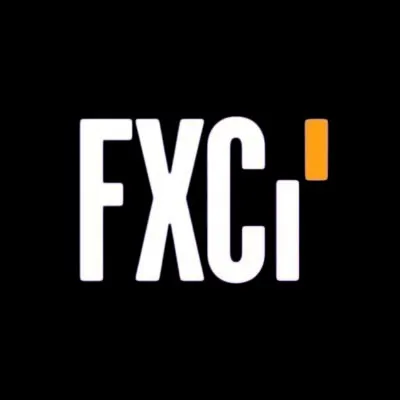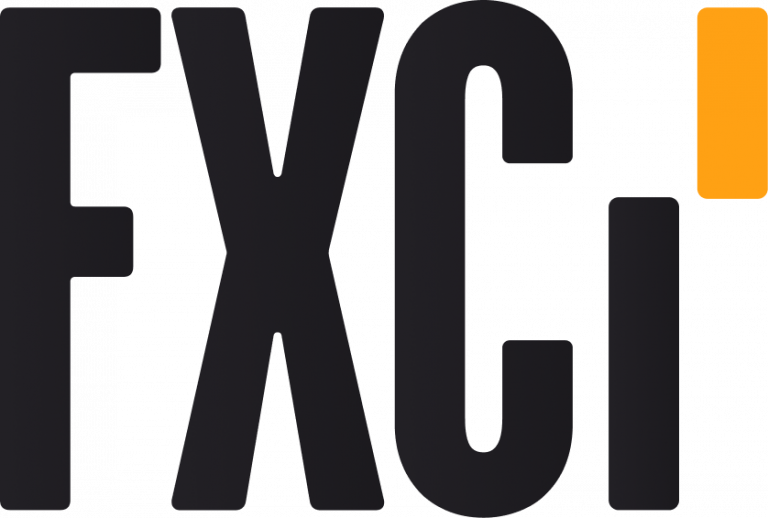What is prop shop trading
FXCI prop trading firm offers funded accounts up to $300,000 in India. Earn up to 99% profit trading with FXCI’s capital.
Save Big Today
Guaranteed 50% off with promo «FXCI50» Start instantly. Up to 99% profit share with FXCI. Claim your discount now ↓
Introduction
In recent years, a new form of trading has emerged, offering both seasoned and new traders a chance to trade with a more flexible and potentially profitable approach. This method is known as prop shop trading. But What is prop shop trading exactly? Simply put, it refers to trading within a proprietary trading firm (prop firm) that uses its capital for trading rather than relying on individual accounts. It provides traders with the opportunity to trade using the firm's funds while sharing a portion of the profits.
This concept has grown in popularity as it allows traders to avoid the risks of using their own capital while offering the possibility to make significant profits. In this article, we will explore the fundamental principles, how it works, and the benefits and challenges associated with it. Whether you are a beginner or a professional trader, understanding prop shop trading can provide valuable insights into the world of financial markets.
What is Prop Shop Trading: The Basics
Prop shop trading involves traders being hired by firms to trade financial instruments using the firm's capital, rather than their own. These firms are known as proprietary trading firms or “prop shops”. They give traders access to capital, resources, and technology to trade in a wide range of markets, including stocks, commodities, currencies, and more.
There are two main types of prop shops:
- Self-Directed Prop Firms: Traders have a degree of independence and make their own decisions, while benefiting from the firm's capital.
- Funded Prop Firms: Traders receive the firm's capital after meeting certain criteria, and profits are shared between the trader and the firm.
Key Features of Prop Shop Trading
it’s important to consider some of the key features that make this model attractive to many traders:
- Access to Capital: Traders can leverage the firm’s capital, which reduces personal financial risk.
- Profit Sharing: Most prop firms offer traders a share of the profits, often up to 90% or more, depending on performance and the firm’s policy.
- Advanced Technology and Tools: Prop firms provide traders with state-of-the-art trading platforms and tools, enhancing their ability to execute trades effectively.
- Risk Management: Prop firms often implement risk management strategies, including daily loss limits, to protect both the trader and the firm from excessive losses.
- Training and Support: Some prop firms offer educational resources and mentorship, although not all do. This can be an additional benefit for traders seeking guidance.
How Does Prop Shop Trading Work?
Here’s a step-by-step breakdown and how it operates:
Joining the Firm:
- Traders apply to become part of a prop firm.
- They may need to pass a trading challenge or demonstrate their skills before being offered funding.
Trading with Firm’s Capital:
- Once accepted, the trader begins to trade using the firm’s capital.
- The trader may be given certain guidelines or restrictions, such as risk limits or trading strategies.
Profit Sharing:
- Traders earn a share of the profits generated by their trades. The profit split can vary from firm to firm, but it is typically generous, often ranging from 70% to 90%.
Evaluation Period:
- Many firms evaluate traders over a set period to assess their performance.
- If successful, the trader may receive additional capital or access to more advanced resources.
Advantages and Disadvantages of Prop Shop Trading
Advantages:
- Lower Personal Risk: Traders don’t need to invest their own capital.
- High Earning Potential: With a favorable profit split, traders can earn significant returns.
- Access to Technology: Prop firms provide top-notch trading platforms, data feeds, and tools.
- Learning Opportunities: Many firms offer mentorship and educational resources for traders.
Disadvantages:
- Pressure to Perform: Since profits are shared, traders are expected to meet high-performance standards.
- Risk Limits: Some prop firms impose strict risk management rules, which may limit traders' freedom.
- Profit Split: While traders receive a share of profits, the firm takes a portion, meaning the trader doesn't keep the full profits.
Prop Shop Trading vs. Traditional Trading
| Feature | Prop Shop Trading | Traditional Trading |
|---|---|---|
| Capital | Firm provides capital | Trader uses personal funds |
| Risk | Managed by the firm | Entirely personal |
| Profit Share | Typically 70%-90% of profits | Trader keeps all profits |
| Support/Tools | Advanced tools and platforms | Varies based on the trader |
| Training | Often available | Trader must find resources |
Conclusion
What is prop shop trading is a concept that opens up the financial markets to traders who may not have significant personal capital to invest. It offers numerous benefits, such as reduced financial risk, profit-sharing opportunities, and access to advanced trading tools. However, it also comes with its challenges, including performance pressure and profit-sharing arrangements. Understanding how it works can help traders decide if this model is the right fit for them.
FAQ
How much money do I need to start prop shop trading?
In most cases, prop firms offer capital to traders, so you don’t need to invest your own money initially. However, some firms may require an entry fee or challenge fee.
How do prop firms make money?
Prop firms make money by taking a share of the profits generated by their traders. They provide capital, support, and tools in exchange for a percentage of earnings.
What is the profit split in prop shop trading?
The profit split varies by firm, but traders typically receive 70%-90% of the profits, with the firm taking a smaller portion.
Can I trade any asset in prop shop trading?
Yes, most prop firms allow trading in a wide range of markets, including stocks, forex, commodities, and more.
Do I need prior experience to join a prop firm?
While prior experience is helpful, many prop firms offer training programs or evaluation periods to assess a trader's skills.


